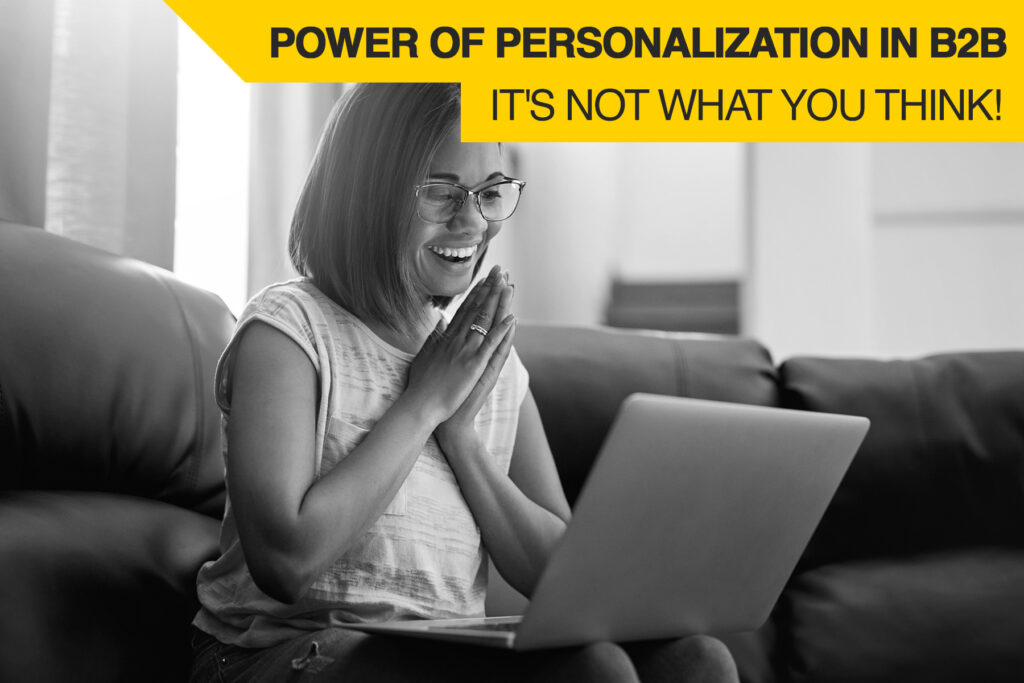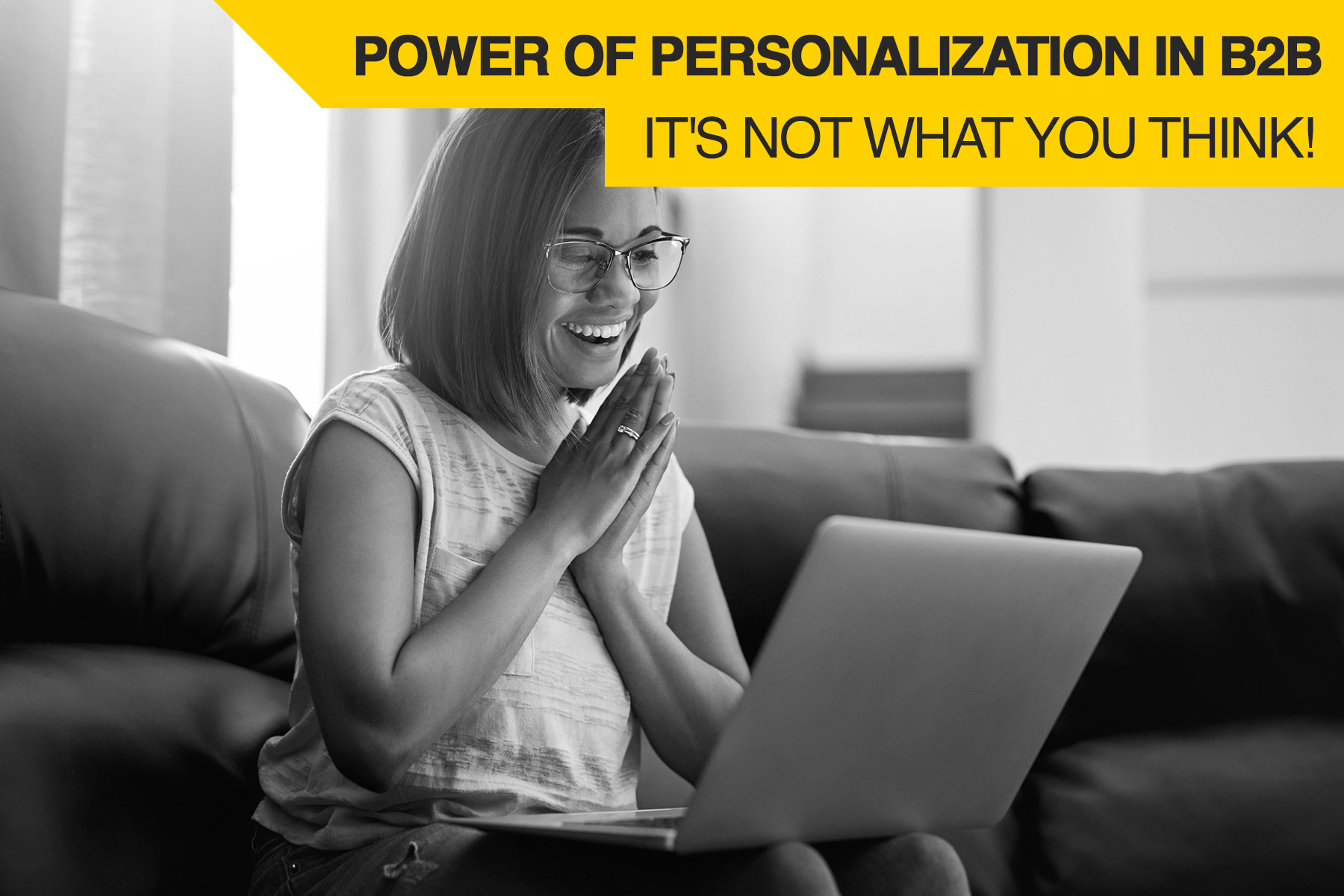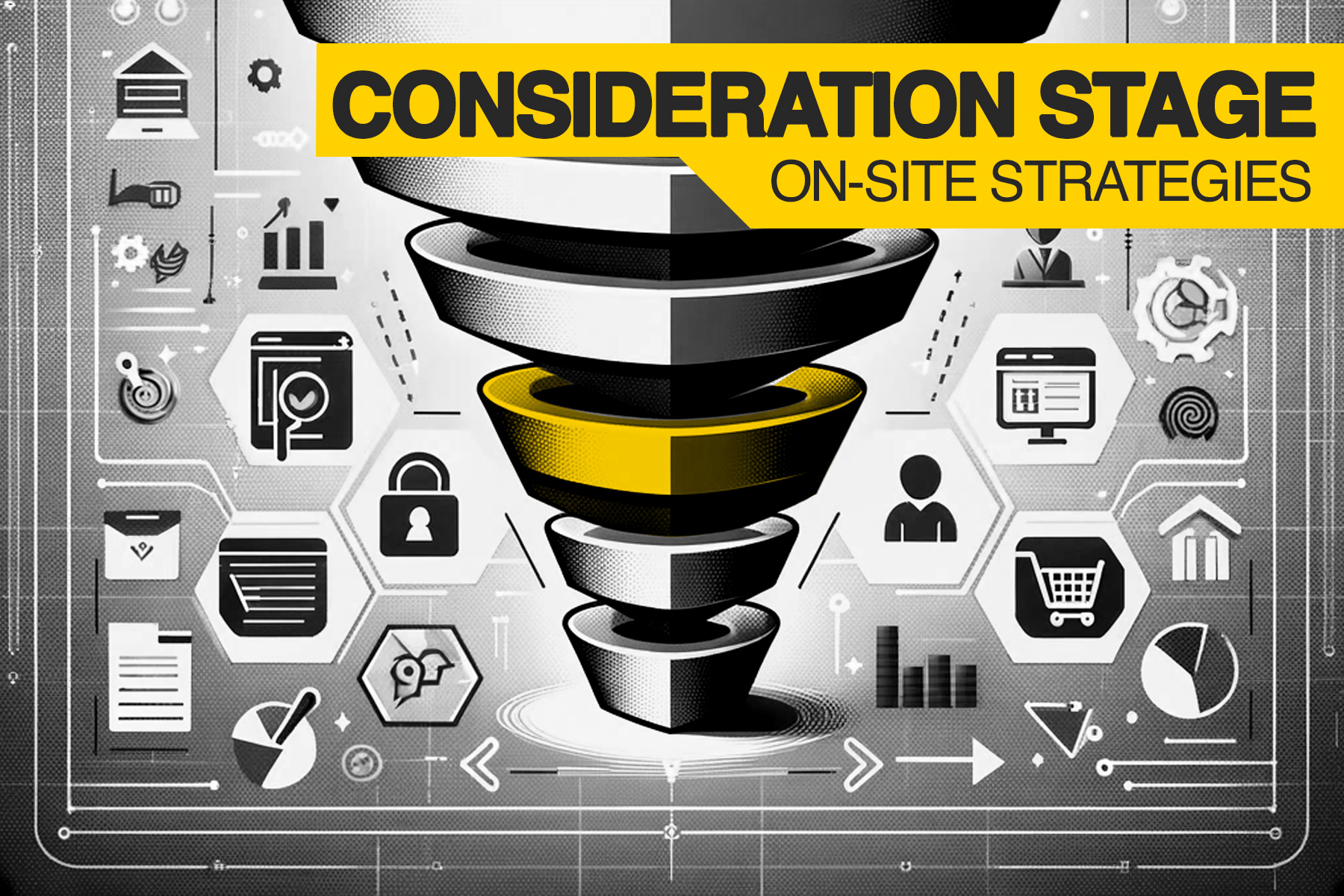When we think of personalization in e-commerce, we often think of well known strategies like recommending products based on browsing and purchase history, discounts on birthdays or highlighting popular products from buyer’s demographic group. These are very effective tactics, especially in B2C. Their goal is to delight the customer through personalized touches.
But B2B personalization is different. It’s not just about making the process easier. It’s about educating your buyers, empowering them to make informed decision, making them more effective in their roles.
The untold power in B2B is that it’s an educational journey. Let me dive into how personalization as educational tool can reshape the buying experience on your B2B e-commerce website.
Personalization as Education in B2B E-Commerce
In B2B e-commerce, purchasing decisions are complex. Your buyer is responsible for making purchases with company’s money. Being a B2B purchaser involves multiple stakeholders and long-term investments. Education as B2B personalization makes these decisions simpler and more informed. Making the buyer feel better about their decision.
Whether it’s helping them understand product specifications, industry’s best practices and even proactively informing them about purchase cycles, personalization through education is an invaluable tool.
Product fitment tools and guides
One of the largest pain points for B2B buyers is determining whether a product will fit their existing systems or meet their business requirements. By learning from their previous behavior like searching data, browsing history and previous purchases, you can tailor their purchasing experience.
A great example of such experience is seen on websites selling car parts. By defining or understanding what vehicle the buyer owns, parts recommended first are those that fit their vehicle. The same approach can be applied to various other industries and B2B websites.

Usage-Based Product Recommendations
Helping buyers optimize product lifespan
B2B buyers want to optimize their investments. Personalized product recommendations, based on how products are used and their expected lifespan can help buyers plan ahead. An example is suggesting maintenance products or replacement parts as items they previously purchased are nearing the end of their lifecycle. Additionally this helps with inventory planning and understanding best practices.
Predictive suggestions
Through predictive analytics and user behaviors, B2B platforms can identify when a product is nearing the end of it’s lifecycle enabling them to recommend replacement or upgrade products. This approach makes the buyer feel well educated to make an informed decision.
Building Trust Through Education
Establishing your brand as an industry expert
When you provide correct information at the right time, you gradually establish yourself as an industry expert. This is essential for B2B relationships which are often longterm and depend on reputability and expertise. When your customers know that your platform is helping them make smart purchasing decision, they are much more likely to remain a loyal customer.
Transparency and Information Depth
Transparency is key. Providing detailed product breakdowns, installation manuals, and troubleshooting guides directly on a buyer’s personalized dashboard creates a sense of empowerment. When buyers know they have access to all the information they need, they trust not only the product but also your brand.
The Technology Behind Personalized Education
Leveraging AI and Machine Learning
The core of personalized education on B2B e-commerce website is the data. By collecting all the data from your website, including user behaviors, search history, product views, etc, you are able to utilize AI and machine learning to to provide meaningful experiences. This could be in a form of product suggestions, training materials or recommendations for optimized usage.
Integration with CRM and ERP
When personalization is integrated with CRM and ERP systems, the education becomes even more powerful. Buyers get a holistic view of their interactions, past purchases, and personalized recommendations, all seamlessly presented. This depth of integration makes personalization more valuable, as it ties directly into the operational realities of the business.
In short…
…the untold power of personalization in B2B e-commerce is that it’s not about quick wins or flashy deals. Instead, it’s about creating a long-term partnership with buyers by providing them with the knowledge they need to succeed.


